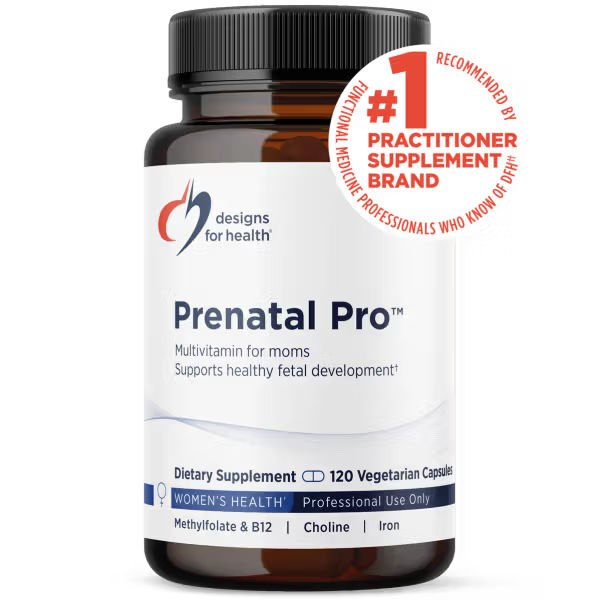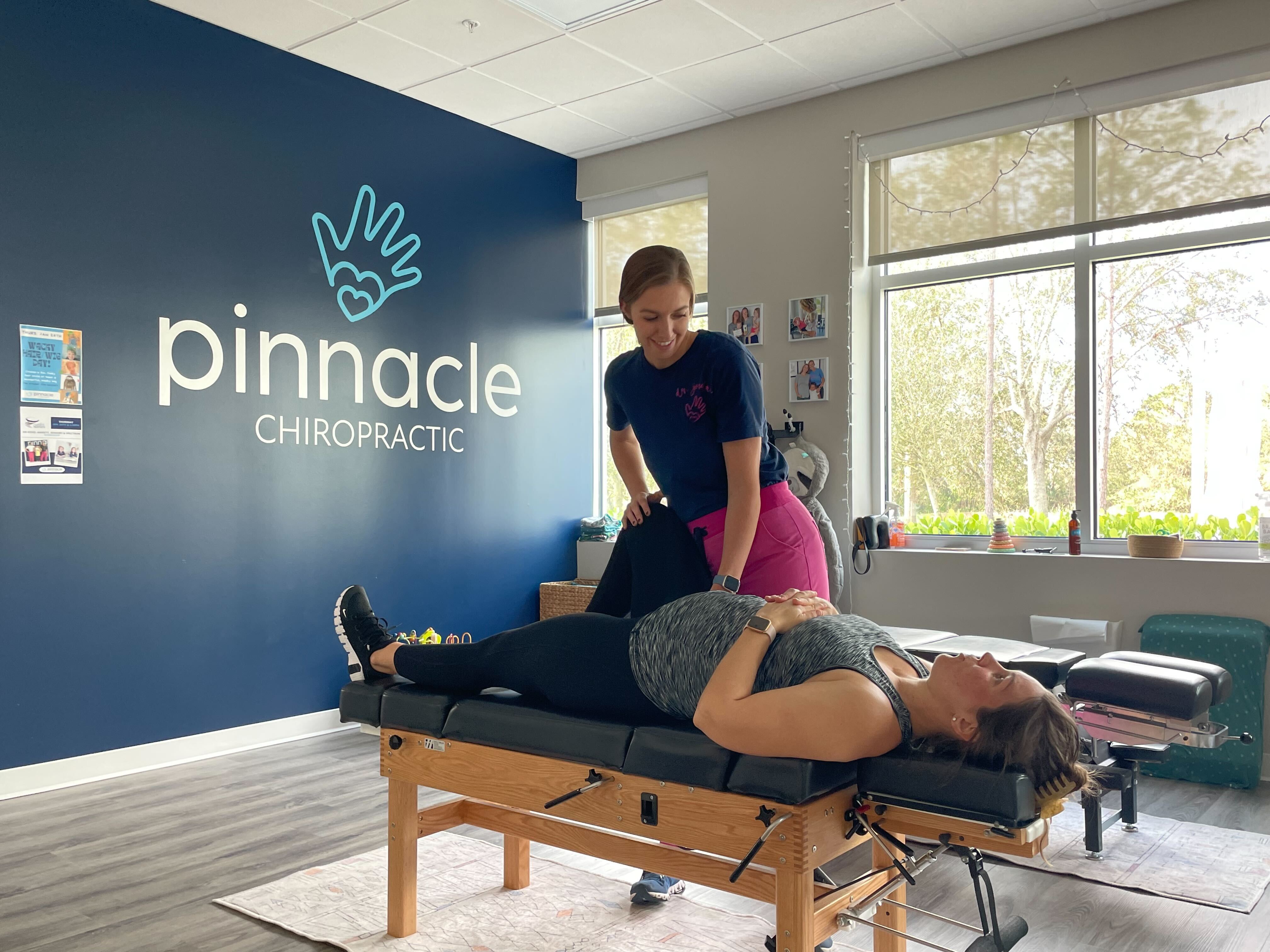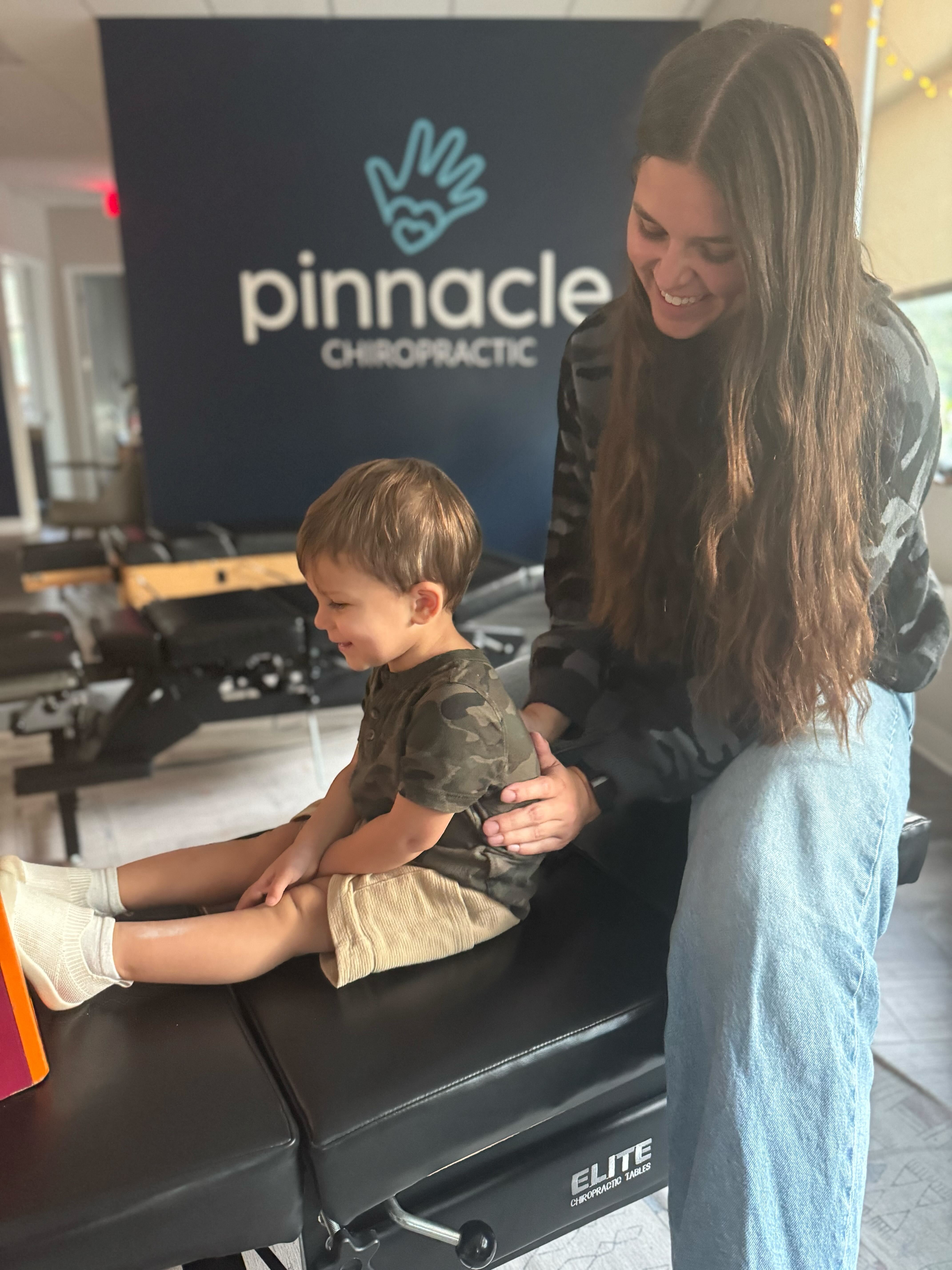Growing pains are a common occurrence in childhood, affecting up to 40% of children at some point between the ages of 3 and 12. While these pains are often described as a normal part of growth, they can be distressing for both children and parents alike. Characterized by throbbing or aching in the legs, typically occurring in the late afternoon or evening, these pains can disrupt sleep and lead to fatigue and discomfort.
Though the exact cause of growing pains is not entirely understood, one thing is clear: finding relief is crucial for the well-being of your child. This is where magnesium, a vital mineral, plays a significant role. In this blog post, we will explore how magnesium can help alleviate growing pains and support your child's overall health during these critical years.
👉 For quick and effective relief, try MagneGel by Designs for Health, a topical magnesium gel designed to soothe muscles and reduce discomfort.
Understanding Growing Pains
Before diving into the role of magnesium, it’s important to understand what growing pains are and what might cause them. Growing pains typically affect the muscles, rather than the joints, and are most commonly felt in the calves, thighs, or behind the knees. The pain often strikes late in the day or at night, and it can range from mild discomfort to severe, sleep-disrupting aches.
While the name suggests that these pains are directly related to growth spurts, research suggests that other factors, such as increased physical activity, muscle fatigue, or even emotional stress, may also contribute. Some theories propose that growing pains may be linked to an overuse of muscles during the day or to biomechanical issues, such as flat feet, which can put additional strain on the legs.
Regardless of the cause, the result is the same: children experience discomfort that can impact their quality of life, sleep, and daily activities.
The Role of Magnesium in the Body
Magnesium is a crucial mineral involved in over 300 biochemical reactions in the body. It plays an essential role in muscle function, nerve signaling, bone development, and energy production. Unfortunately, magnesium deficiency is relatively common, particularly in children who may not consume enough magnesium-rich foods.
When it comes to growing pains, magnesium's role in muscle health and relaxation is of particular interest. Magnesium helps regulate muscle contractions and nerve impulses, preventing the cramping and tension that can contribute to the discomfort of growing pains. It also supports bone health, ensuring that your child's skeletal system has the resources it needs to grow strong and healthy.
💡 Soothe your child’s muscle discomfort with Magnesium Gel, a fast-absorbing topical magnesium formula for immediate relief.
How Magnesium Helps Alleviate Growing Pains
- Muscle Relaxation and Cramp Prevention:Magnesium is known for its ability to relax muscles. It acts as a natural muscle relaxant by regulating the movement of calcium and potassium across cell membranes, which is crucial for muscle contraction and relaxation. Adequate magnesium levels can help prevent the muscle spasms and cramps that often accompany growing pains.
- Anti-Inflammatory Properties:Magnesium has anti-inflammatory effects, which can help reduce the inflammation that may be associated with muscle pain. By lowering inflammation, magnesium can alleviate some of the discomfort your child experiences during growth spurts.
- Support for Bone Health:Magnesium works in tandem with calcium to build strong bones. During periods of rapid growth, your child's body requires more minerals to support the development of new bone tissue. Ensuring adequate magnesium intake can support healthy bone growth, which may reduce the likelihood of discomfort associated with growth.
- Improvement of Sleep Quality:Growing pains often disrupt sleep, leading to a cycle of fatigue and irritability that can exacerbate discomfort. Magnesium plays a vital role in promoting restful sleep by supporting the production of melatonin, the hormone that regulates the sleep-wake cycle. A good night’s sleep is essential for your child's overall health and can help them better cope with the discomfort of growing pains.
- Stress Reduction:Stress can exacerbate physical symptoms, including growing pains. Magnesium supports the nervous system and helps regulate the production of cortisol, the body’s primary stress hormone. By reducing stress and promoting relaxation, magnesium can indirectly alleviate growing pains by calming both the mind and body.
Signs of Magnesium Deficiency in Children
If your child is experiencing growing pains, it might be worth considering whether they are getting enough magnesium. Signs of magnesium deficiency can include:
- Muscle cramps or spasms
- Restless legs, especially at night
- Difficulty sleeping or frequent waking
- Fatigue or low energy levels
- Anxiety, irritability, or mood swings
- Headaches or migraines
- Difficulty concentrating
If you suspect that your child may be deficient in magnesium, it’s important to consult with a healthcare provider. They can recommend appropriate testing and suggest dietary changes or supplements if necessary.
💆♀️ Provide instant relief with MagneGel Magnesium Gel, a topical solution that delivers magnesium directly to sore muscles.
Increasing Magnesium Intake
There are several ways to ensure your child gets enough magnesium to support their growth and alleviate growing pains:
- Magnesium-Rich Foods:Incorporating more magnesium-rich foods into your child's diet is a natural and effective way to boost their magnesium levels. Some excellent sources of magnesium include:
- Leafy green vegetables (such as spinach and kale)
- Nuts and seeds (like almonds, cashews, and pumpkin seeds)
- Whole grains (such as brown rice and oatmeal)
- Legumes (including black beans and lentils)
- Bananas and avocados
- Dark chocolate (in moderation)
- Dairy products, such as milk and yogurt
- Magnesium Supplements:If dietary changes alone are not sufficient, magnesium supplements can be a helpful addition. There are various forms of magnesium supplements, including magnesium citrate, magnesium glycinate, and magnesium oxide. Magnesium glycinate is often recommended for its high absorbability and gentle effect on the stomach, making it a good choice for children.
- Before starting any supplement regimen, it’s essential to consult with a healthcare provider to determine the appropriate dosage and form for your child.
- Epsom Salt Baths:Epsom salts are rich in magnesium sulfate and can be absorbed through the skin during a warm bath. Adding Epsom salts to your child’s bath can provide a relaxing, soothing experience that may help ease muscle tension and discomfort from growing pains.
- Magnesium Topical Applications:Magnesium lotions, oils, or sprays can be applied directly to the skin and are absorbed into the bloodstream. These topical applications can be particularly effective for targeting areas of muscle pain or cramps, providing localized relief.
💆♂️ Try MagneGel Magnesium Gel for fast, effective relief from growing pains.


Creating a Magnesium-Enhanced Bedtime Routine
To maximize the benefits of magnesium, consider incorporating it into your child's bedtime routine. A consistent routine can help prepare their body for restful sleep and reduce the occurrence of growing pains.
- Warm Bath with Epsom Salts:A warm bath with Epsom salts can help relax your child's muscles and prepare them for sleep. The magnesium absorbed through the skin during the bath can provide additional muscle relaxation and pain relief.
- Magnesium-Rich Snack:Offer your child a bedtime snack that includes magnesium-rich foods, such as a banana with almond butter or a small bowl of yogurt with seeds. This can help boost their magnesium levels and promote relaxation before bed.
- Calming Activities:Engage your child in calming activities before bed, such as reading a book or practicing deep breathing exercises. These activities, combined with magnesium, can help reduce stress and anxiety, making it easier for your child to fall asleep.
- Topical magnesium application – gently massage MagneGel Magnesium Gel onto your child’s legs before bed to help prevent discomfort during the night
Conclusion
Growing pains are a common yet challenging part of childhood, but with the right approach, they can be managed effectively. Magnesium is a natural and powerful ally in the fight against growing pains, offering muscle relaxation, anti-inflammatory benefits, and support for restful sleep. By ensuring your child gets enough magnesium through diet, supplements, or topical applications, you can help them navigate this phase of growth with greater comfort and ease.
Give Your Child the Comfort They Deserve
🛒 Order MagneGel Magnesium Gel today for immediate, soothing relief.
At Pinnacle Chiropractic, we are dedicated to supporting your child's health and well-being through natural, holistic approaches. If you have concerns about your child's growing pains or magnesium intake, our team is here to help. Contact us today to learn more about how we can assist in creating a personalized plan to support your child's growth and development.









